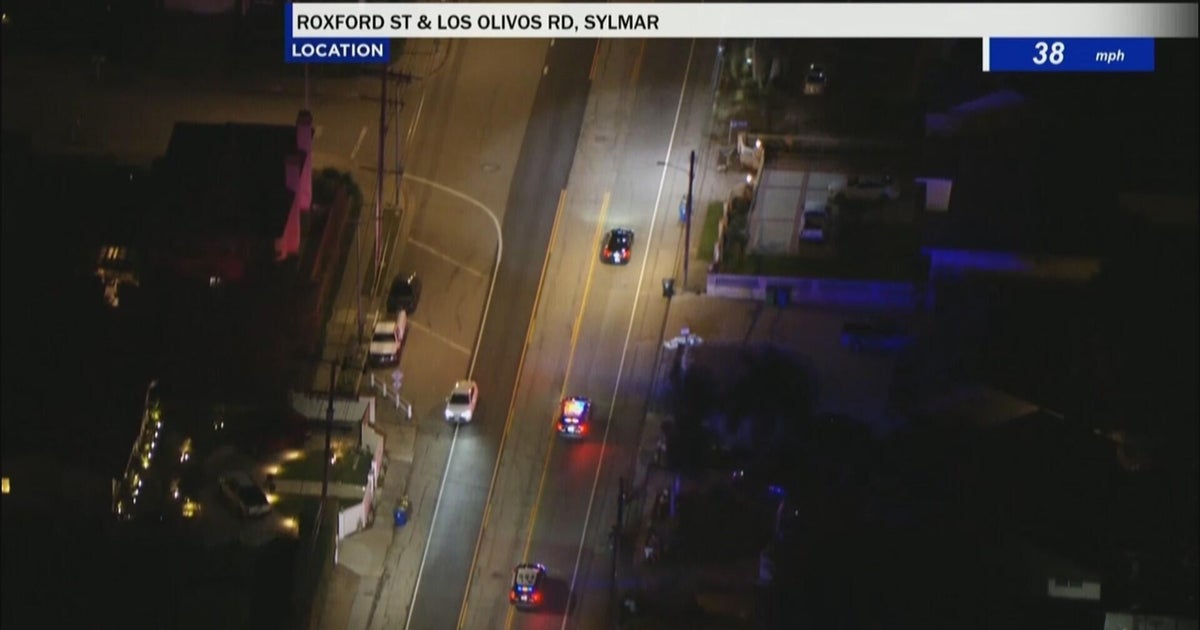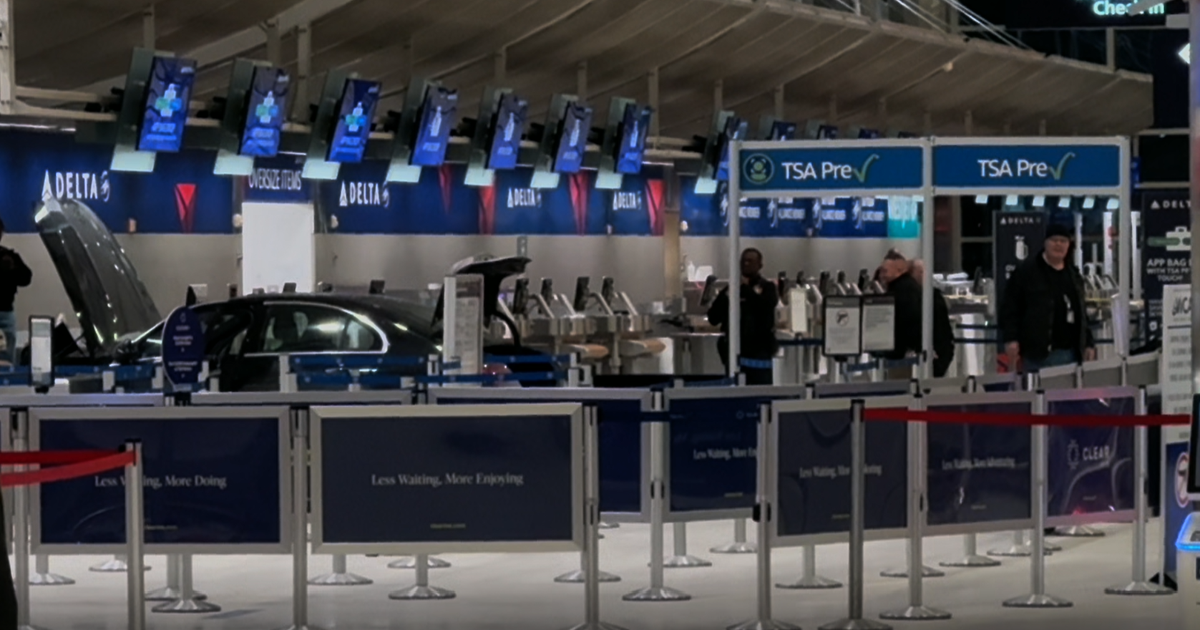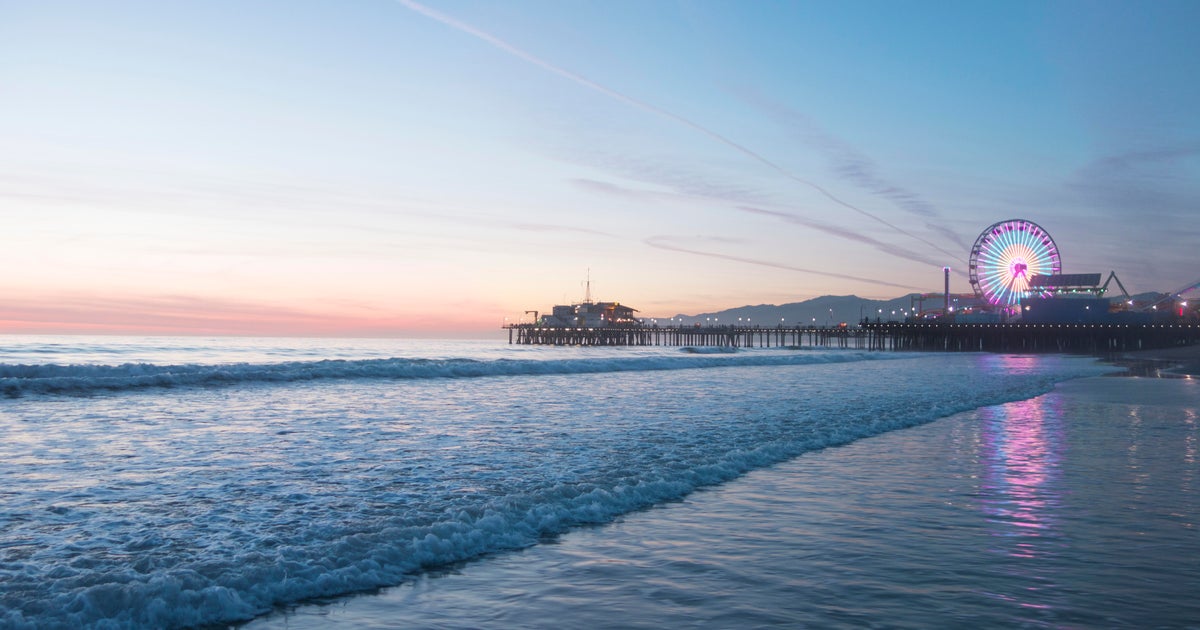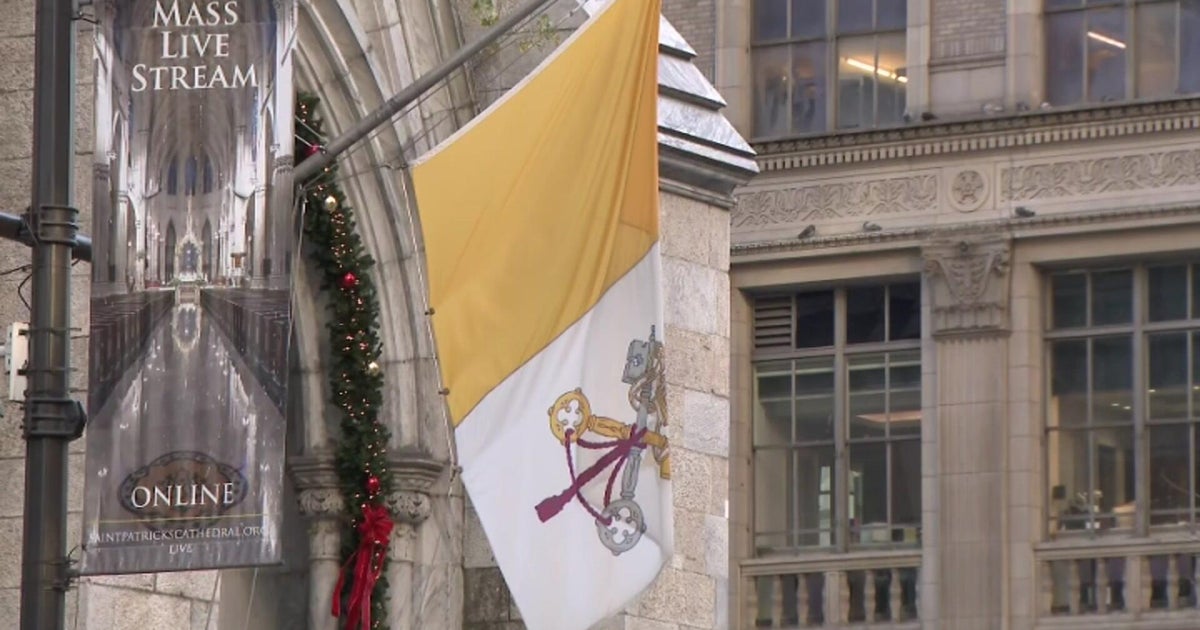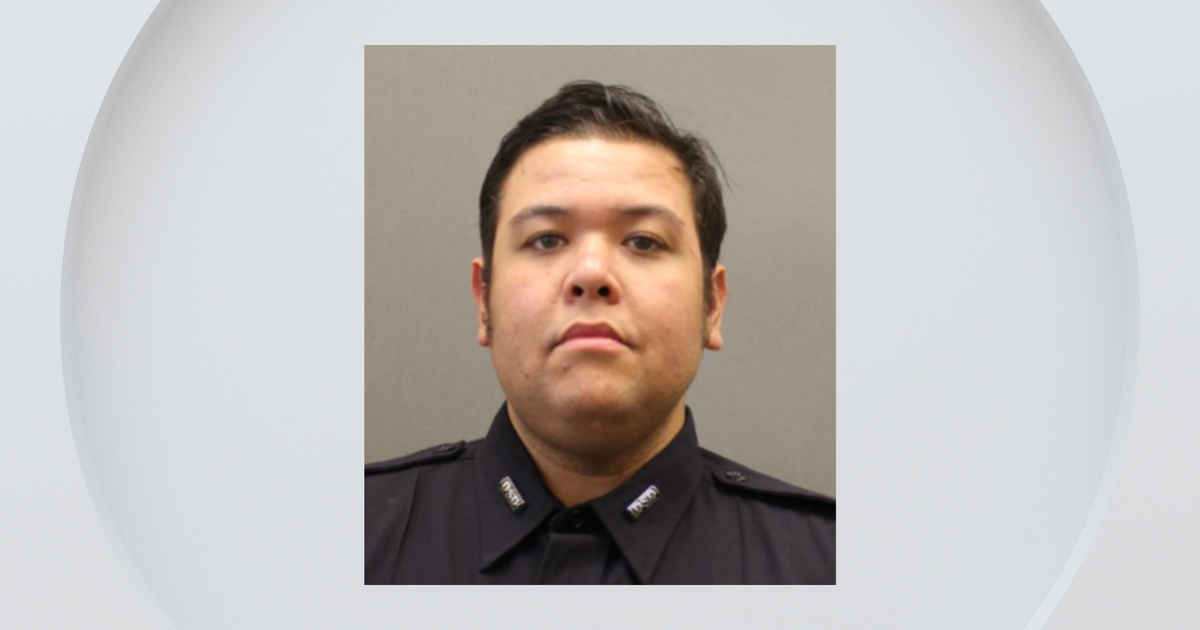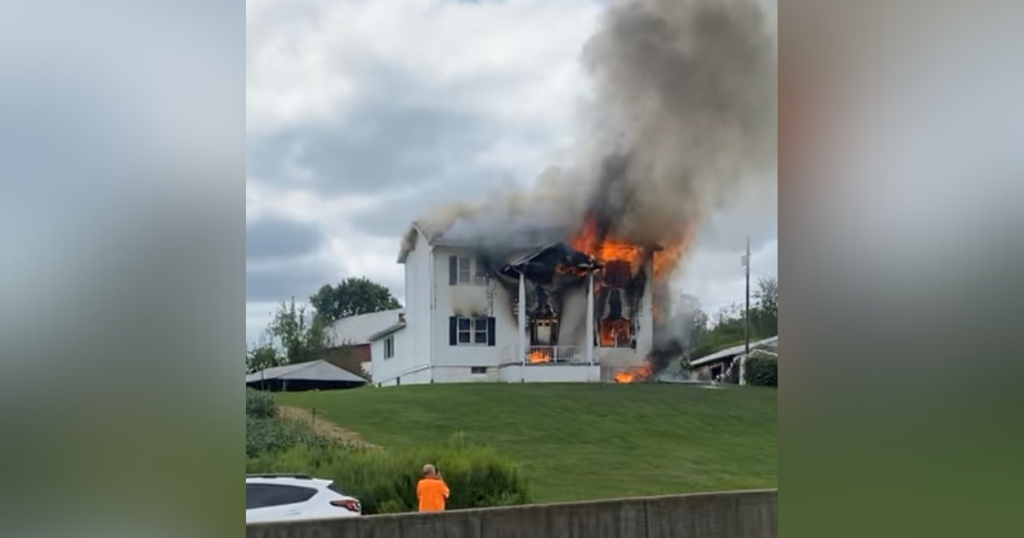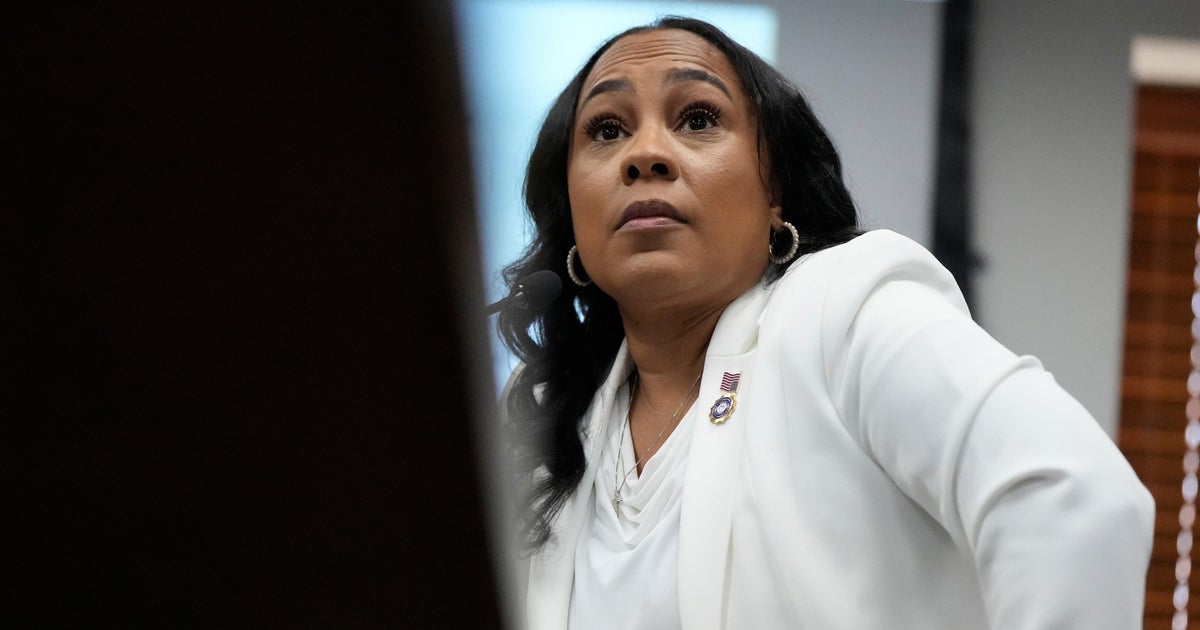Closing arguments made in civil case against National Rifle Association, former CEO Wayne LaPierre
NEW YORK — New York Attorney General Letitia James' lawsuit against the National Rifle Association and its former executives over years of questionable spending is nothing more than a political witch hunt, a lawyer for former NRA head Wayne LaPierre argued Thursday in a Manhattan courtroom.
The NRA's lawyer, meanwhile, argued that the state's case showed that misconduct was committed against the powerful gun rights group, not by it.
"If this was a case about corruption, it wasn't by the NRA," said Sarah Rogers in her closing remarks.
But James' office countered that the NRA and its officials were "caught with their hand in the cookie jar" and were doing everything they could to deny, deflect and soften the blow.
"Saying sorry now doesn't mean they didn't take the cookies," Assistant Attorney General Monica Connell said.
The lawyers made their final appeals to jurors during a six-week trial in which James' office sought to prove that LaPierre and other NRA executives wildly misspent millions of dollars of the nonprofit's money on lavish perks for themselves, including private flights and vacations.
LaPierre's lawyer P. Kent Correll argued during his closing arguments in state Supreme Court that James had called the NRA a "terrorist organization" and campaigned on a promise to destroy it.
"This is a story made up by a person with an agenda that wanted him off the field," said Correll, as he dinged James, a Democrat, for not even being present in court Thursday. "If this case was so important, why wouldn't she be here?"
Correll argued that LaPierre's penchant for private flights was necessary for safety reasons, given his prominence in the contentious gun debate. The costly flights were also not for his personal gain, but to raise huge sums of money for the organization and gun rights causes broadly, he said.
"He acted in good faith and with honesty, sincerity and intention," Correll said. "There's no evidence that he received any benefits that he didn't deserve."
But Connell, the state's lawyer, countered that if LaPierre truly had concerns for his safety, he should have raised them with the NRA's board and received approval for the expenses.
Rogers, meanwhile, told jurors that she had personally disagreed with the NRA's policy stances for years, but she stressed that the group's controversial stances weren't on trial.
"The politics of the group don't matter," Rogers said. "It's about whether the group was mismanaged bad enough to violate the law."
She said the organization worked to address problems soon after they came to light through whistleblower complaints.
"When the fraud was discovered, it dug in. It turned over the rocks it was told not to overturn. It took risks for the benefit of the organization," Rogers said. "The NRA left no stone unturned."
But Connell argued that the NRA isn't absolved of the misdeeds of LaPierre and others, especially since the organization allowed him to step down of his own volition and without any sanction.
Many of the long-serving board members who enabled his actions — either by looking the other way or outright covering for him — still remain, she added.
"They cannot walk away from his conduct," Connell said.
Lawyers for LaPierre's co-defendants argued that their clients had acted in good faith and had not breached their duties to the organization, as James' office claimed.
"He acted at all times in the best interests of the organization that he serves. He's never acted in his own interest," said William Fleming, a lawyer for NRA general counsel John Frazer. "The man was doing his job, and he was doing it well."
Connell challenged that notion, saying Frazer, who attended law school at night while working at the NRA by day, simply wasn't qualified to provide legal counsel for an organization of the NRA's magnitude.
Mark Werbner, a lawyer for retired NRA finance chief Wilson Phillips, said his client had devoted more than 25 years to helping LaPierre grow the NRA into something far larger and more impactful than when Phillips began in the 1990s.
"He is a good man who acted honorably, but the state wants to put him in bankruptcy," Werbner said, referring to the state's request that the defendants be ordered to repay the NRA. "He doesn't deserve to be made penniless."
The trial has cast a spotlight on the leadership, culture and finances of the NRA, which was founded more than 150 years ago in New York City to promote riflery skills. The group has since grown into a political juggernaut that influences federal law and presidential elections.
LaPierre, who led the NRA's day-to-day operations since 1991, announced his resignation just days before the trial opened in early January.
James filed the lawsuit in 2020 under her authority to investigate nonprofits registered in the state. Her office argues that LaPierre dodged financial disclosure requirements while treating the NRA as his personal piggy bank, liberally dipping into its coffers to pay for African safaris and other questionable purchases.
LaPierre billed the NRA more than $11 million for private jet flights and spent more than $500,000 on eight trips to the Bahamas over a three-year span, state lawyers said. He also authorized $135 million in NRA contracts for a vendor whose owners showered him with free trips to the Bahamas, Greece, Dubai and India, and gave him access to a 108-foot yacht.
At the same time, LaPierre consolidated power and avoided scrutiny by hiring unqualified underlings who looked the other way, routing expenses through a vendor, doctoring invoices, and retaliating against board members and executives who questioned his spending, according to state lawyers.
Oliver North, best known for his central role in the Iran-Contra scandal of the 1980s, was among the prominent witnesses to take the stand.
Testifying over multiple days, LaPierre claimed he hadn't realized the travel tickets, hotel stays, meals, yacht access and other luxury perks counted as gifts, even as he conceded he wrongly expensed private flights for his family and accepted vacations from vendors doing business with the NRA without disclosing them.
State lawyers have asked the court to order LaPierre and his-co-defendants to reimburse the NRA, including forfeiting any salaries earned while misallocating funds. They also want the men banned from serving in leadership positions at any charitable organizations conducting business in New York.
Another former NRA executive turned whistleblower, Joshua Powell, settled with James' office last month, agreeing to testify at the trial, pay the NRA $100,000 and forgo further involvement with nonprofits.
The NRA, meanwhile, remains a strong but tarnished political force. In recent years, the advocacy group has been beset by financial troubles, dwindling membership, board member infighting and lingering questions about LaPierre's leadership.
